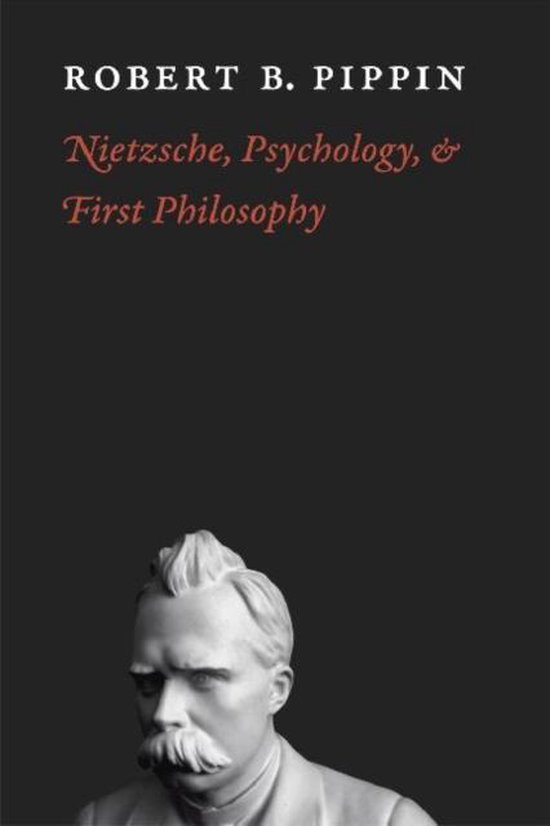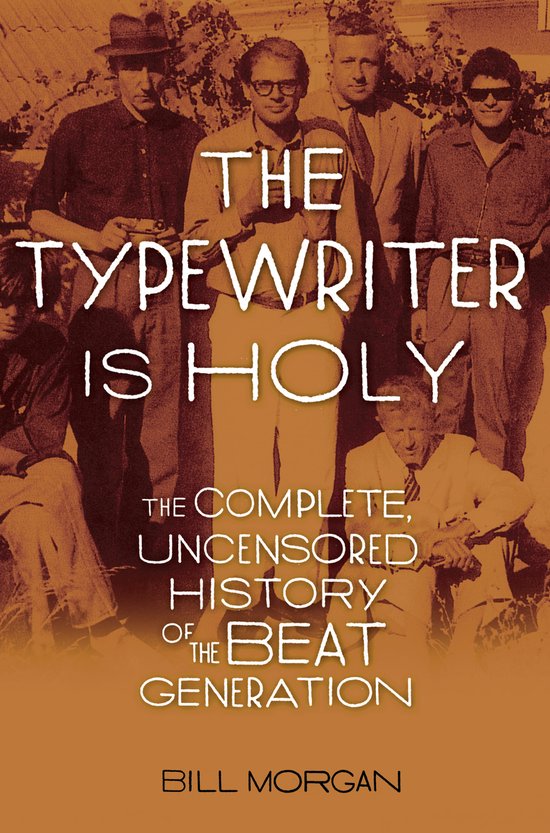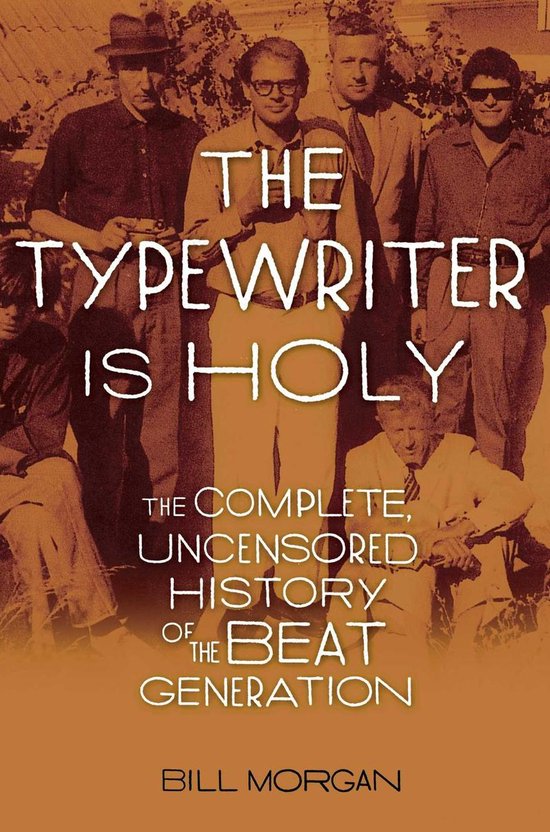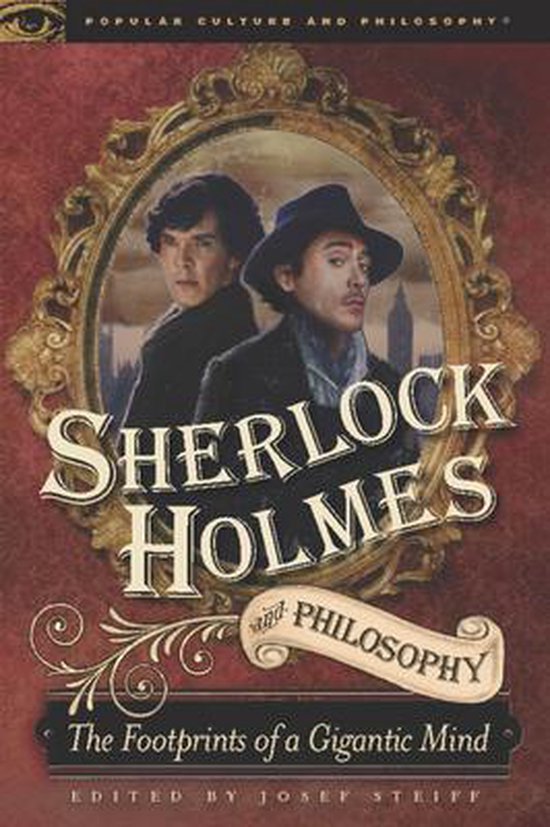
Nietzsche, Psychology and First Philosophy
Friedrich Nietzsche is one of the most elusive thinkers in the philosophical tradition. Nonetheless, certain readings of his work have become standard and influential. This title challenges various traditional views, taking the philosopher at his word when he says that his writing can best be understood as a kind of psychology.
Friedrich Nietzsche is one of the most elusive thinkers in the philosophical tradition. Nonetheless, certain readings of his work have become standard and influential. In this major new interpretation of Nietzsche, Robert B. Pippin challenges various traditional views, taking the philosopher at his word when he says that his writing can best be understood as a kind of psychology. Pippin traces this idea of Nietzsche as a psychologist to his admiration for the French moralists: La Rochefoucauld, Pascal, Stendhal, and especially Montaigne. In distinction from philosophers, Pippin shows, these writers avoided grand metaphysical theories in favor of reflections on life as lived and experienced. Pippin contends that Nietzsche's singular prose was an essential part of his goal of making psychology "the queen of the sciences", and so organizes the book around four of Nietzsche's most important images and metaphors: that truth could be a woman, that a science could be gay, that God could have died, and that an agent is as much one with his act as lightning is with its flash. Expanded from a series of lectures Pippin delivered at the College de France, "Nietzsche, Psychology, and First Philosophy" offers a brilliant, novel, and accessible reading of this seminal thinker.
Friedrich Nietzsche is one of the most elusive thinkers in the philosophical tradition. Nonetheless, certain readings of his work have become standard and influential. In this major new interpretation of Nietzsche, Robert B. Pippin challenges various traditional views, taking the philosopher at his word when he says that his writing can best be understood as a kind of psychology. Pippin traces this idea of Nietzsche as a psychologist to his admiration for the French moralists: La Rochefoucauld, Pascal, Stendhal, and especially Montaigne. In distinction from philosophers, Pippin shows, these writers avoided grand metaphysical theories in favor of reflections on life as lived and experienced. Pippin contends that Nietzsche's singular prose was an essential part of his goal of making psychology "the queen of the sciences", and so organizes the book around four of Nietzsche's most important images and metaphors: that truth could be a woman, that a science could be gay, that God could have died, and that an agent is as much one with his act as lightning is with its flash. Expanded from a series of lectures Pippin delivered at the College de France, "Nietzsche, Psychology, and First Philosophy" offers a brilliant, novel, and accessible reading of this seminal thinker.
| Auteur | | Robert B. Pippin |
| Taal | | Engels |
| Type | | Paperback |
| Categorie | | Religie, Spiritualiteit & Filosofie |




